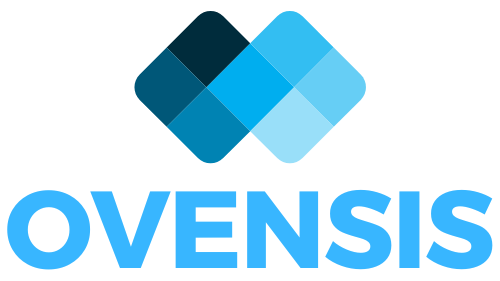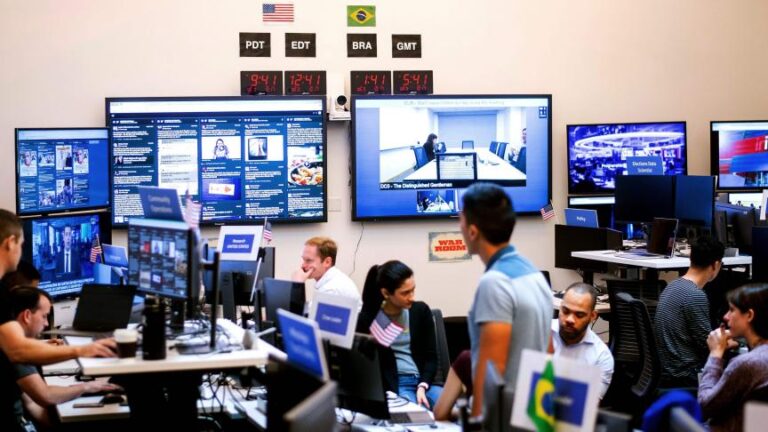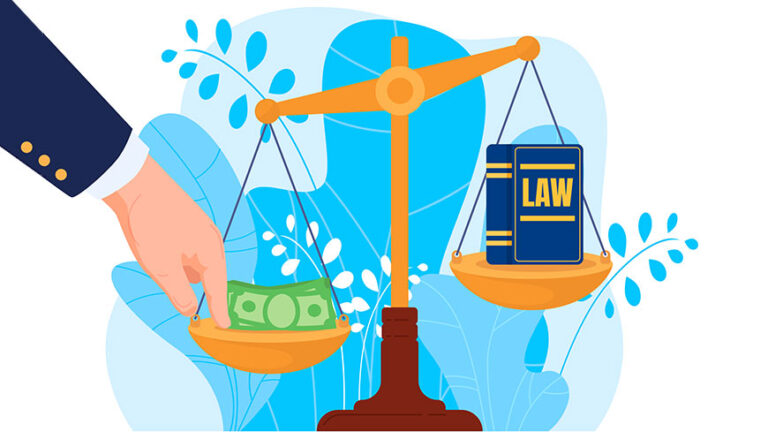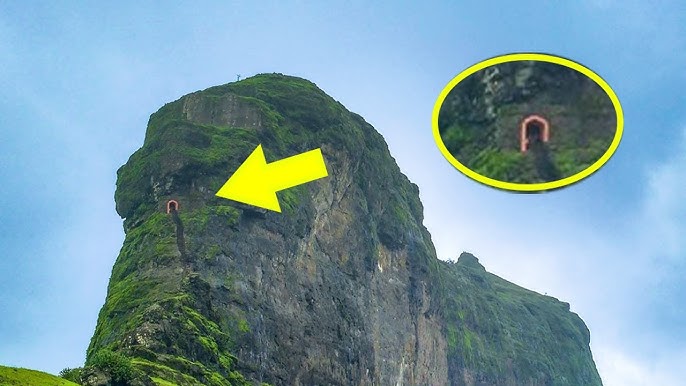
In the complex world of global politics, the idea of a “shadow government” has long been a subject of intrigue, conspiracy, and speculation. It conjures images of influential figures operating behind the scenes, influencing decisions that shape the destiny of nations. While the term “shadow government” often evokes sensationalist theories, the reality is that power structures do exist in the political world that operate in the background, subtly influencing policies, laws, and international relations. But who are these hidden players, and how do they impact global politics?
What is a Shadow Government?
A shadow government typically refers to an informal or clandestine group of individuals or organizations that exercise significant control over political decisions without being publicly recognized or accountable to the electorate. These entities often operate out of sight of the general public, wielding power through financial influence, lobbying, and the manipulation of information. While the term “shadow government” is often used in a conspiratorial context, the underlying concept reflects real-world power dynamics where unelected actors play a crucial role in shaping policies that affect entire nations and the world.
Power Behind the Throne: The Role of Corporations and Financial Institutions
One of the most influential elements of the shadow government is the role of multinational corporations and financial institutions. Companies like Google, Amazon, and ExxonMobil hold immense economic power, and their influence extends far beyond mere business operations. Through political lobbying and substantial campaign donations, these corporations can sway politicians and shape legislation to serve their interests.
Moreover, financial institutions such as investment banks and hedge funds often have an outsized role in determining global economic policies. Organizations like the International Monetary Fund (IMF) and the World Bank, which provide loans to struggling nations, often impose conditions on these loans that benefit multinational corporations and advanced economies. This economic leverage, in turn, influences the political decisions made by national governments, particularly in developing countries.
The Influence of International Organizations and Think Tanks
While corporations and financial institutions may exert significant power, international organizations and think tanks also play a critical role in global politics. Organizations like the United Nations, the World Trade Organization, and the European Union serve as platforms for making major global decisions. While these bodies are often designed to foster cooperation and peace, their agendas are sometimes shaped by powerful member states, usually led by economic and political elites.
Think tanks—research organizations that influence policy discussions—also significantly shape global politics. Many of these think tanks are funded by governments, corporations, or wealthy individuals, and their research can inform public policy on issues ranging from trade to environmental regulations. For example, the Council on Foreign Relations (CFR) and the Brookings Institution have long been associated with promoting policies that align with the interests of elite power structures.
The Role of Media and Information Control
Another facet of the shadow government is the control of information. Major media outlets, owned by a few powerful corporations or individuals, often shape the narratives influencing public opinion and political discourse. The ability to control the flow of information, dictate the framing of global events, and suppress dissenting viewpoints gives these media moguls significant sway over public consciousness.
For example, during critical political events such as elections or wars, media organizations can play a pivotal role in shaping how the public perceives political candidates, policies, and conflicts. This influence extends beyond national borders, as global media conglomerates broadcast their narratives worldwide. By controlling the narrative, these entities help direct the political agenda, often aligning with the interests of influential stakeholders.
The Interplay of Politics, Business, and Power
Elected officials do not always hold the true power behind global politics but by a web of interconnected entities—corporations, financial institutions, think tanks, media organizations, and international bodies—whose interests often align. These forces work together to create a system where decisions made at the highest levels of government are influenced by factors far removed from the public’s direct control. While elected leaders may appear to be in charge, the reality is that their policies and decisions are often shaped or influenced by a range of influential, unelected players.
Is There a Shadow Government in the Traditional Sense?
While the concept of a single, unified “shadow government” with a coordinated agenda may be a stretch, the influence of unelected and powerful groups on global politics is undeniable. These entities have long been embedded in the worldwide system, shaping policies, regulations, and even international relations in ways that often escape public scrutiny. Whether through corporate lobbying, control of financial systems, or media manipulation, these players pull the strings behind the scenes, guiding the direction of global events.
Ultimately, the question of who is pulling the strings behind global politics may not have a straightforward answer. It is not a monolithic force but a complex web of interconnected interests that influence the political landscape. As global power continues to shift and evolve, understanding the role of these hidden players will become increasingly crucial for those seeking to grasp the true nature of political power in the modern world.







